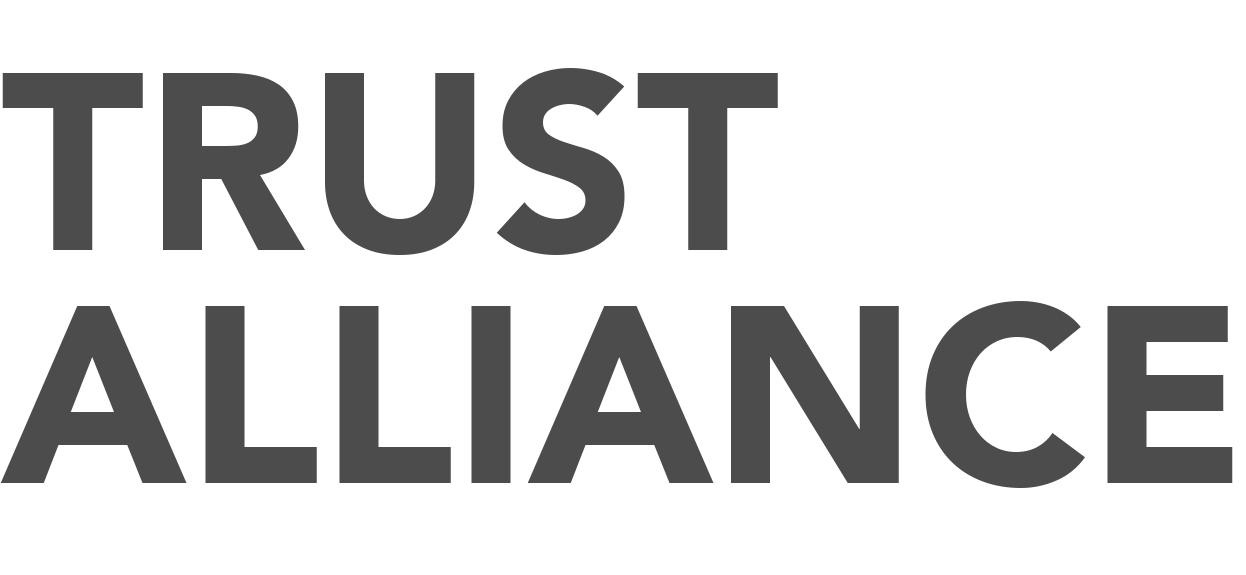Launched in July 2019, the Trust Alliance is a multi-sector collaboration on digital credentials committed to the shared principles of do no harm, humanity first, open ecosystems, equity, and transparency.
Recognising the implications of the long pandemic on the Australian community, we commend the Federal and State governments efforts towards safely opening the borders. As reported today by several publications, the Australian Government is working on systems to resume international travel based on vaccination rates by incorporating vaccine status into passport chips. Some state governments are putting plans in place to allow vaccinated people entry into venues such as shops, bars, restaurants, etc., by combining the proof of vaccination with existing QR code apps. Others are piloting the use of facial recognition and geotagging as part of home quarantine trials. As these tools and systems are designed and put into use, we urge the governments to ensure a safe, trustworthy and dignified experience for all Australians engaged with them.
We acknowledge the work of Federal and State governments to date in designing identity systems in ways that protect people’s privacy and data security. For example, the Australian Government’s continued consultations in developing the Digital Identity Bill or the Service Victoria QR Code app which automatically deletes data after 28 days. However, a person’s right to control the data that is being collected about them and the risks of ‘functional creep’ where stored data is used beyond the initial intent, need to be carefully considered. For these reasons, the Trust Alliance advocates for the use of privacy-preserving identity technology, such as ‘verifiable credentials’ which are cryptographically secure and privacy-respecting, when designing these systems.
Specifically, we urge the Australian governments to design the identity systems that will help our community on the roadmap to pandemic recovery with the following key principles at the core:
Safety: The design of the system should be guided by considerations of safety and doing no harm.
Interoperability: The design should ensure improved interoperability of identity systems across governments and industry to reduce confusion and access barriers for citizens
Self Sovereignty: Give people the ability to keep claims about themselves and encourage them to share only the information they need to share.
“We believe that the system should put power in the hands of the user to share information across agencies, so they may access venues or transportation as needed,” said Trust Alliance Chair, Louise Gray. “This will lead to greater trust on part of the individual and greater security for agencies involved.”
The founding members of the Trust Alliance are Australian Red Cross, Care Australia, Engineers Without Borders Australia, Oxfam Australia, RedR, TypeHuman, RMIT University and Swinburne University of Technology.
Approved by: Louise Gray, Trust Alliance Chair
Contact information for statements/interviews: Rahul Soans <rahul.soans@trustalliance.org.au>



0 Comments